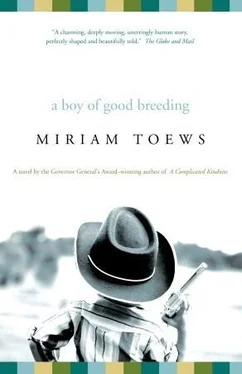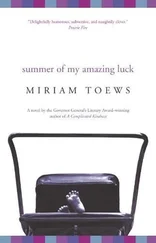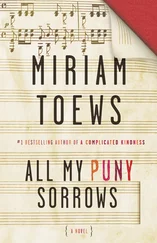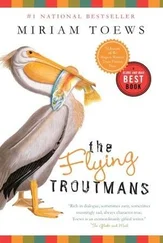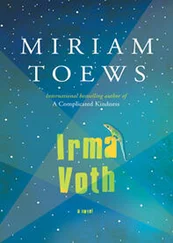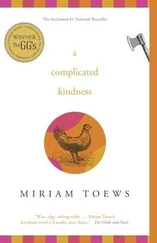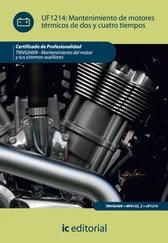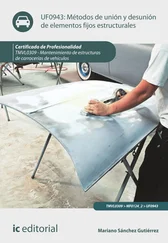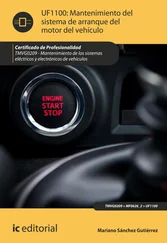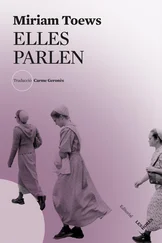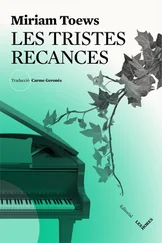Hosea had stood there, dumbfounded. Why hadn’t he thought of that? Such a simple and obvious solution. The woman let go of the collar, the caretaker strolled back to St. Bart’s, and the dog slowly walked away, towards the edge of town. Hosea stood there. He had said something. Something like “very good.” Or “there you go.” But he had felt unsure of himself. This dog business had jarred him.
He focussed on his plan to bring the Prime Minister to Algren. It could be a good thing for everybody in Algren, he thought. It would be an exciting day, a coup for a small prairie town, a psychological boost, and a surefire guarantee that Hosea would be re-elected, when the time came, as Algren’s mayor.
Hosea whipped open the second drawer from the top of his desk and pulled out the letter from the House of Commons, dated February 12, 1996. “Dear Mayor,” it began. Hosea had read and reread, folded and unfolded this letter so often that it had become slightly torn down the middle. He had carefully fixed it with a piece of Scotch tape so the tear was hardly noticeable. Hosea moved his finger across the photocopied signature, John Baert, Prime Minister. The contents of the letter were by now so familiar to him that he could sit back in his chair, close his eyes, and recite it from memory:
Dear Mayor ,
As part of the federal government’s commitment to rural growth, I have promised to visit Canada’s smallest town for 24 hours, on July 1, 1996. Algren may be one of our candidates. We will inform you of further plans at a later date, providing you are interested in participating in the aforementioned event.
Sincerely, John Baert, Prime Minister
Hosea sat at his desk and imagined the day the Prime Minister would come to Algren. Hosea would be there to greet him, with Lorna at his side. He’d have bought a new suit in Winnipeg, Lorna a new dress and maybe new shoes. The sun would be shining, the high school band would play some rousing march, little Tilly Bond, the cutest kid in town, would present the Prime Minister with a bouquet of flowers. The billboard announcing Algren to the world would be repainted and so would some of the storefronts along Main Street. He and the Prime Minister would shake hands warmly and the Prime Minister would pat him on the back and congratulate him, would take him into his confidence, and they would exchange jokes and leadership tips and anecdotes and discuss crisis management and possibly even correspond after the visit. At dinner, prepared by the Elks or the Kinettes and served in the Euphemia Funk Memorial Arena, Curling Club, and Recreational Complex, Hosea and the Prime Minister would raise their glasses for the photographers and toast to hmmm, whatever, rural prosperity, perhaps. There would be stories written in the papers and pictures taken, bearing eternal witness to the event and to Hosea’s and Algren’s victory, to their reigning status as Canada’s smallest town.
It would be a day like no other. Hosea now sat way back in his chair, his legs up on his desk, his hands clasped behind his head, his thumbs making circles on the nape of his neck. So lost in thought was he that he didn’t notice his pen roll off his desk and onto the shiny hardwood floor. Even Hosea’s sexual fantasies couldn’t hold a candle to his fantasy of meeting the Prime Minister and having Algren shown off to the world. Yes, it would be a day like no other, that’s for sure, thought Hosea and leaned back even farther so that his swivel chair almost fell over backwards and he had to lurch forward and grip the hard wooden edge of his desk to keep his balance. He must have slammed the palm of his right hand hard against the wood, because that pain triggered a flood of memories and now Hosea pictured another day that was full of pomp and circumstance and nervousness and … what? What was it about that day, anyway? Hosea wondered.
He had been outside playing in the small yard behind the house on First Street. He hadn’t had a jacket on, or was it shoes he hadn’t had on? Had it been March or July? Well, he had picked flowers later that day, so it must have been July. But hadn’t he just come home from school? Yes, of course, he had walked home with Tom who had lived across the street. Well, actually they had run home because two older fellows were chasing them and one of them had taken Hosea’s jacket. That was it. He wasn’t wearing his jacket, because the older boy had taken it, and it must have been a day in May or June. Sometime when flowers could grow in Manitoba. Roses. He was sure they were roses because they had pricked the palm of his hand when he held them.
“Run, Hosea! Run!” Tom had already been caught as usual and managed to yell out the simple instructions to Hosea before a big hand was clamped over his mouth and he was taken away for his session. These sessions consisted of various activities. Tom and Hosea, for one year in particular, were the whipping boys for a group of older kids from school. Sometimes they were forced to crouch on their hands and knees right below Evangeline Goosen’s bedroom window and the older boys would stand on their backs and watch Evangeline change from her school clothes to her play clothes.
Anyway, on this day they had managed to get his jacket but not him. Hosea didn’t want to go inside his house, he remembered, because Euphemia might get mad at him for losing his jacket. He would never have told her what had really happened. Even now, at age fifty-two, Hosea shuddered to think of his mother marching over to the home of one of the big boys and telling his parents what he had done and demanding that her son’s jacket be returned immediately. But Euphemia wouldn’t have been angry, really, thought Hosea. She would have shrugged and said something like, “Well, easy come, easy go.” And then she would have gone to the hall closet and pulled out one of her old curling sweaters and rolled up the sleeves and made Hosea try it on for size. “There you go, pumpkin, a new jacket.”
She wouldn’t have gotten into a flap over a jacket. She wouldn’t have run over to the school to look for it, or asked Hosea to think back or retrace his steps. She wouldn’t have asked why this was the third jacket he had lost in as many months or why his jackets always had grass stains and leaves and twigs and dirt on the back of them as though he’d been rolling around on the ground like a crazed horse with a bad case of ringworm. Why, thought Hosea, did he possess none of her insouciance? Why, Hosea thought further, did her laissez-faire attitude towards just about everything irritate him so?
Finally Hosea went inside the house. He remembered hoping his mother would act normally and be upset about the jacket, and yet knowing she wouldn’t be upset comforted him. What Hosea got from his mother was what he wanted but what he didn’t get was what he felt he needed. Euphemia would have disagreed with this, he knew. “Why shouldn’t I do my best to make you happy, Hose?” And he would have said something like, “Well, it’s just that maybe I need more discipline or maybe you should get mad at me more.” And he’d tug at his shirt and stare at the ground and Euphemia would look at him and then pull his head to her bosom and rub her lips in his hair and laugh. “Oh, Hose. Don’t make it harder than it has to be.” He remembered the song she always sang exuberantly at full volume. “Man’s life’s a vapour, full of woes …”
Anyway, that day Hosea tiptoed inside hoping to make a silent detour of the kitchen and go directly to his bedroom. But Euphemia was right there, standing at the stove, her back to Hosea. He changed his mind and decided to surprise her instead. He crept up behind her and said “hello,” clear as a bell, and Euphemia, startled by the sudden greeting, twirled around and knocked him against the stove. Hosea put his hand out, against the red-hot element, to break his fall and wound up with a large oval-shaped burn on his right palm. Euphemia had apologized profusely and rushed around getting butter and ice and ointment for Hosea’s burn. Afterwards Euphemia and Hosea had sat at the table, the little white wooden table in the kitchen, and Euphemia had said, “Hosea, I want you to go outside and pick some roses. We’re going to visit somebody very special later this evening.” Hadn’t that been it? thought Hosea. Yes, that’s what she had said. Because Hosea remembered the thorns from the roses pricking the burn on his palm, even after Euphemia had tied around it a beige piece of cotton from one of her aprons. Hosea even remembered thinking that he deserved the pain, that it was a token of his allegiance to Tom who had been caught by the big boys when Hosea hadn’t and who was probably experiencing some pain right then, too.
Читать дальше
